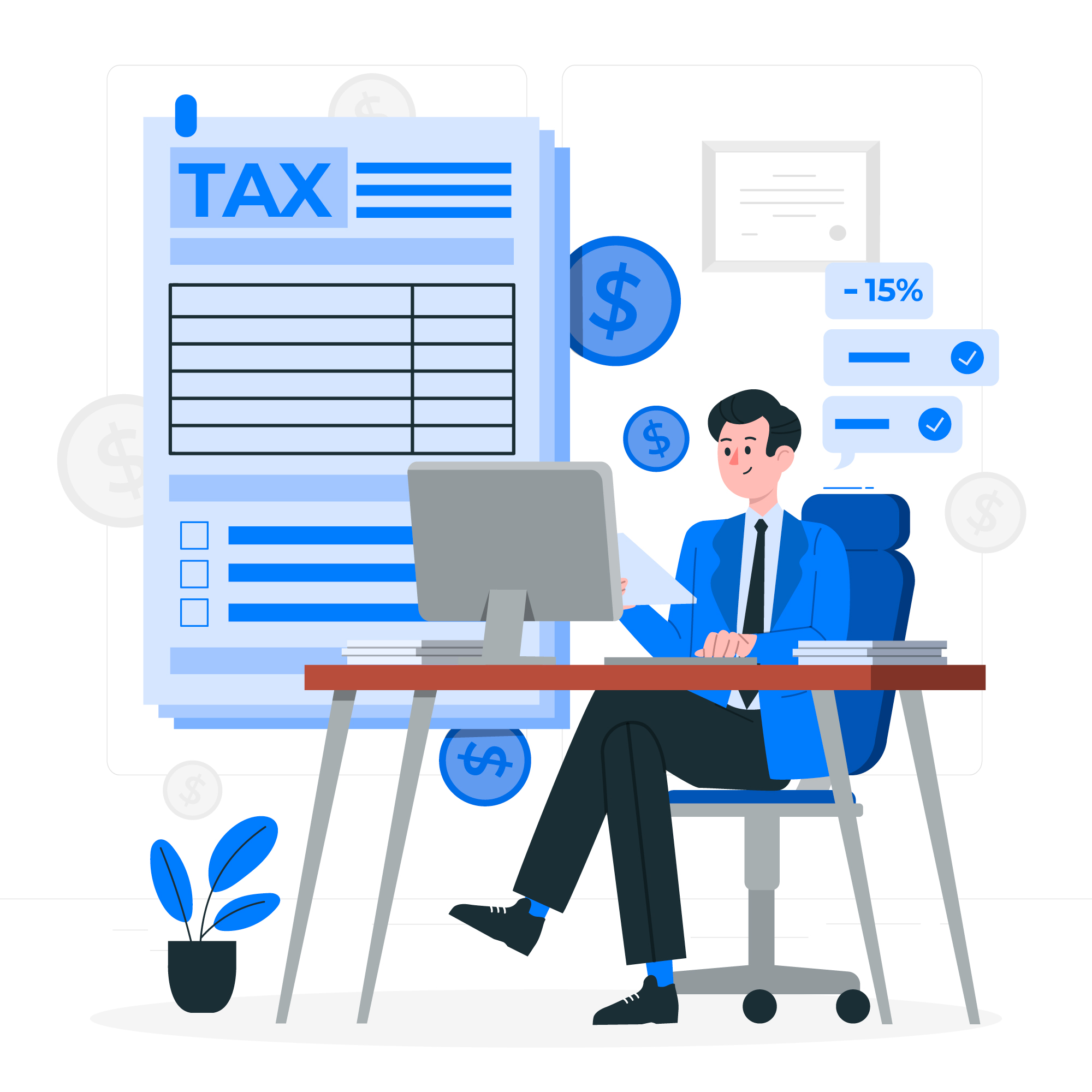MTD
Making Tax Digital (MTD) is a UK government initiative designed to modernise the tax system. It requires businesses and individuals to keep digital records and submit tax returns online. MTD helps improve accuracy and reduce errors in tax reporting. The scheme initially applies to VAT but is gradually being extended to other taxes. It streamlines tax processes, making compliance simpler and more efficient.

Introduction to Making Tax Digital (MTD) for Income Tax
Making Tax Digital (MTD) is a UK government initiative aimed at modernising the tax system by requiring individuals and businesses to maintain digital records and submit tax returns electronically. MTD for Income Tax Self-Assessment (ITSA) is being phased in, starting from 6 April 2026. Initially, it will apply to self-employed individuals and landlords with a combined annual income from self-employment and property lettings exceeding £50,000. The income threshold will decrease in subsequent years: £30,000 from April 2027 and £20,000 from April 2028 .
Key Requirements for MTD Filing
Under MTD, taxpayers will need to:
- Use HMRC-recognised software to keep digital records.
- Submit quarterly updates detailing income and expenses.
- File a final declaration by 31 January following the end of the tax year.
- Ensure all submissions are timely to avoid penalties.UK+2GOV.UK+2GOV.UK+2


Importance of Compliance and Consequences of Missing Deadlines
Missing MTD filing deadlines can result in penalties. HMRC employs a points-based system:
- One point is issued for each missed submission.
- A £200 penalty is charged once the points threshold is reached (2 points for annual submissions).
- Points expire after 24 months if the taxpayer remains below the threshold.
- Further late submissions after reaching the threshold incur additional £200 penalties.
To avoid penalties, it’s crucial to prepare in advance for MTD requirements. Utilising compatible software and staying informed about your filing obligations can help ensure compliance. If you believe you are exempt or need assistance, consider consulting with a tax professional.
